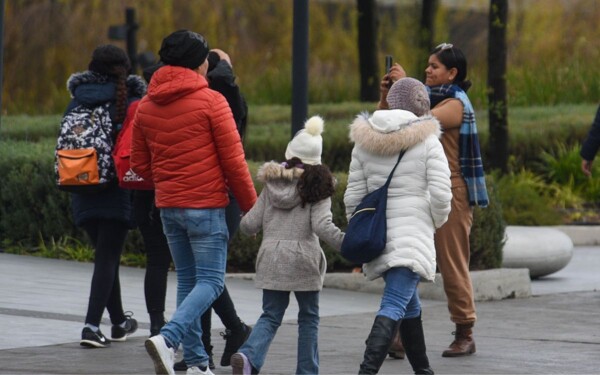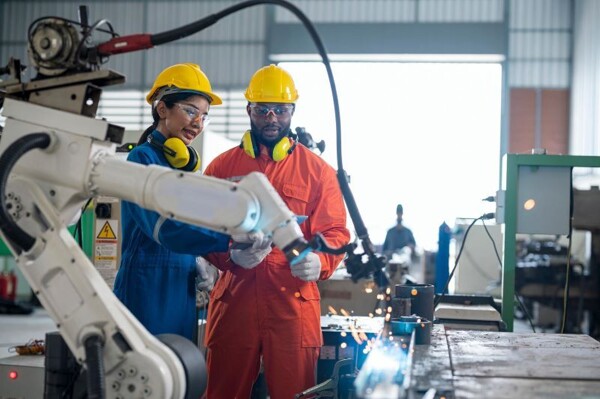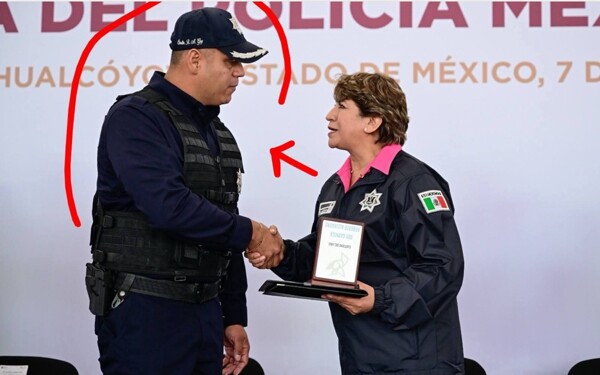
The Secretary of Equality and Inclusion has launched an open call to strengthen the services offered by Civil Society Organizations (CSOs). One of the expanded services that is being sought to implement is the transformation of Community Centers into Care Centers, which will provide psychological support, respite spaces, and care schools to reduce the burden on caregivers.
Martha Herrera, Secretary of Equality and Inclusion, emphasized the importance of guaranteeing the right to care and be cared for, especially in Nuevo León where the majority of caregivers are women. An integral care approach and adequate training for both male and female caregivers is proposed.
The 2025 Work Plan of the State Care System has been presented, aiming to work together with various entities such as the Secretary of Education, the Secretary of Health, the DIF, among others, to provide comprehensive care and appropriate training to caregivers, mostly women, in Nuevo León.
In the first ordinary session of the year of the State Care System Commission, collaboration with universities, legislators, the private initiative, civil society organizations, and government agencies was highlighted. It is planned to create operational subcommittees to work on seven axes including training, education, monitoring, legislation, economy and labor, long-term care, and the network of caregivers.
Key projects to uphold care in Nuevo León include the construction of infrastructures such as day houses for the elderly, a State Center for Attention to Individuals on the Autism Spectrum and Neurodiversity, and a Mental Health Center through the FISE fund.
Additionally, comprehensive care for early childhood in Childcare Centers is envisaged, offering medical, psychological, and dental care, as well as self-care activities for caregivers. Work will also be done on partnerships and social co-investments with civil society organizations to improve care services in the region.














